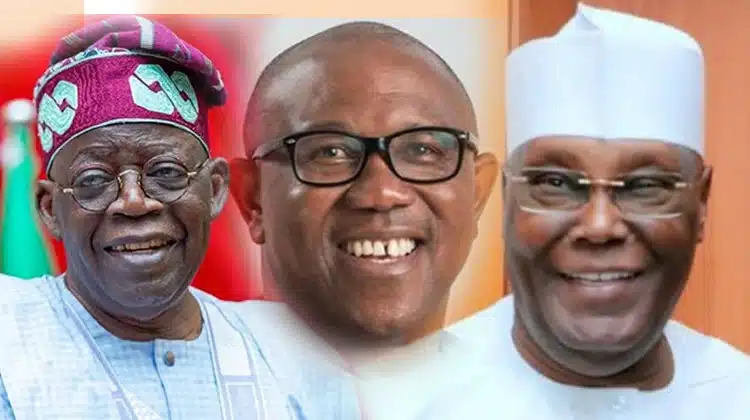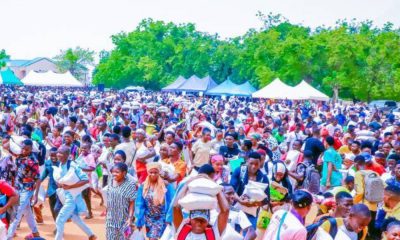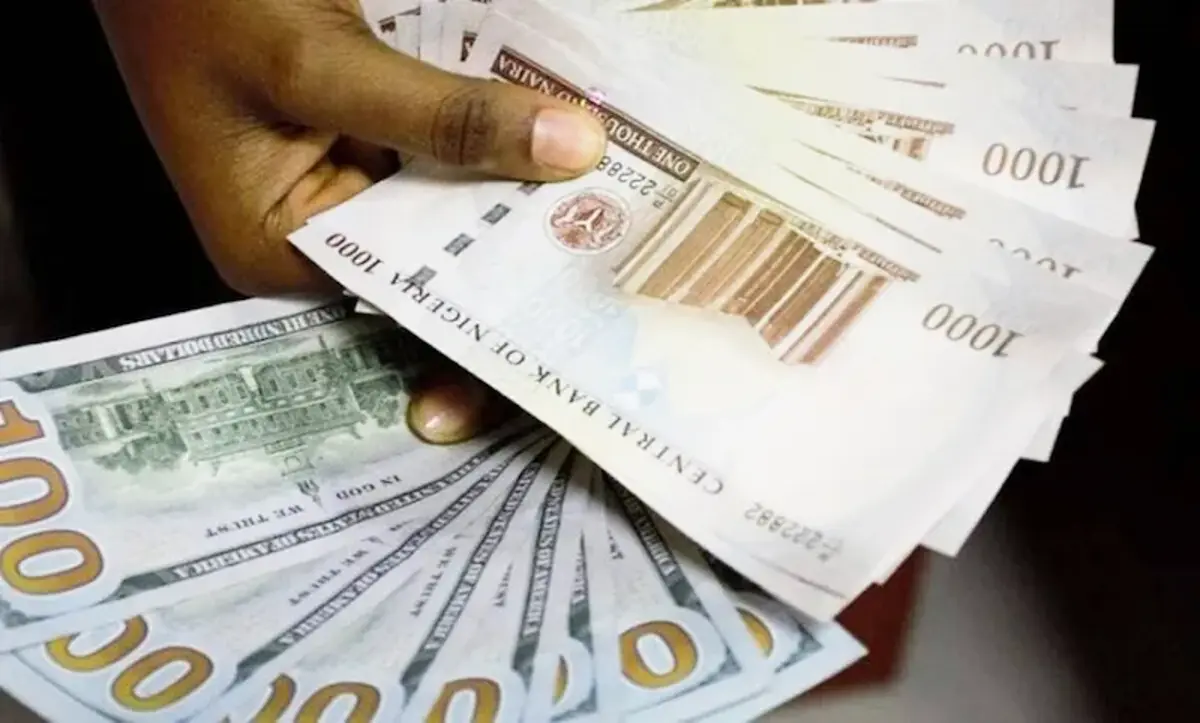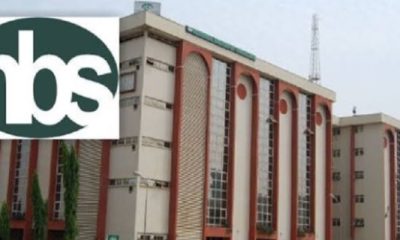News
U.S. Department Of State Report Reveals Challenges In Nigeria’s 2023 Elections

- U.S. Department Of State Report Reveals Challenges In Nigeria’s 2023 Elections.
- Despite challenges, observers believe elections generally reflected voters’ preferences.
- Report underscores persistent underrepresentation of women in Nigerian politics, citing religious, cultural, and economic barriers.
EKO HOT BLOG reports that the U.S. Department of State’s 2023 Country Report on Human Rights Practices in Nigeria highlighted several challenges surrounding the 2023 elections, including violence, vote-buying, voter suppression, and intimidation.
According to the report, there were also instances of campaigning at polling stations, compromised ballot secrecy, and various irregularities observed during the elections.
EDITOR’S PICKS
- BREAKING: Olusegun Alebiosu Appointed As Acting MD Of First Bank
- New Minimum Wage: NLC Proposes Sanctions For Defaulting Govs
- Soldiers’ Bodies Recovered After Clash With Suspected Bandits In Niger
Moreover, the report noted that despite these challenges, many independent observers recognized that the presidential, legislative, and governorship elections generally mirrored the preferences of the electorate.
The report read, “Many independent observers assessed the results of the presidential, legislative, and state-level elections during the year reflected the will of voters, despite reports of voter suppression and vote buying, campaigning at polling stations, lack of ballot secrecy, violence, and intimidation.”
The report cited an incident which occurred during the March 18 state election in Lagos, stating, “During the March 18 state election in Lagos, All Progressives Congress (APC) supporters reportedly intimidated and suppressed voters in Igbo-dominated areas, which Labour Party presidential candidate, Peter Obi, won in the February 25 national election.
“Viral videos on social media showed APC supporters in Ojo threatening to attack ethnic Igbo voters presumed to be pro-Obi. In Eti-Osa, APC supporters also attacked journalists and, in some cases, shut down voting and prevented non-Yoruba voters from accessing polls. They similarly destroyed property and physically blocked voters in Amuwo-Odofin.
“According to videos posted on social media, police officers were present but failed to respond to attacks. There was no evidence that alleged perpetrators were arrested or prosecuted.”

U.S. Department Of State
The report also highlighted the persistent underrepresentation of women and marginalized groups in Nigerian politics.
It stated that religious, cultural, and economic barriers were contributing factors for the underrepresentation.
It added: “The national average of women’s political participation in Nigeria was 6.7 per cent in elected and appointed positions.”
The report further noted that media outlets often stereotyped women politicians and, in some cases, refused to cover their campaigns allegedly on the orders of opposition officials and candidates.
FURTHER READING
- Hope And Caution: Nigeria’s Energy Sector Braces For Refinery Resurgence And Price Shifts
- JAMB Sanctions Officials Over Harassment Of Hijab-Wearing Candidate
- Tinubu To Open African Counter-Terrorism Summit In Abuja
“Media outlets stereotyped women politicians as “promiscuous” or “cunning” and in some cases refused to cover their campaigns allegedly on the orders of opposition officials and candidates,” it added.
Click to watch our video of the week
Advertise or Publish a Story on EkoHot Blog:
Kindly contact us at [email protected]. Breaking stories should be sent to the above email and substantiated with pictorial evidence.
Citizen journalists will receive a token as data incentive.
Call or Whatsapp: 0803 561 7233, 0703 414 5611
















